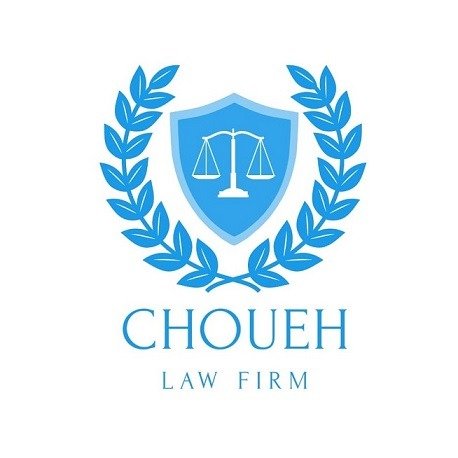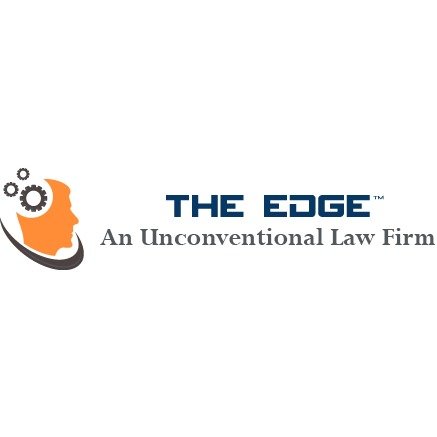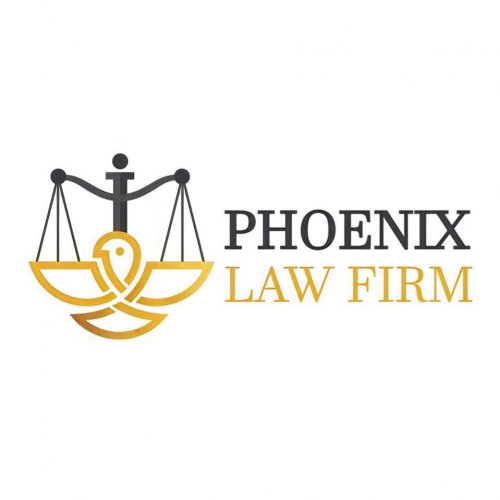Best Natural Resources Lawyers in Beirut
Share your needs with us, get contacted by law firms.
Free. Takes 2 min.
List of the best lawyers in Beirut, Lebanon
About Natural Resources Law in Beirut, Lebanon
Natural Resources Law in Beirut, Lebanon, encompasses a variety of legal frameworks that govern the use, management, and preservation of natural resources such as water, minerals, oil, gas, land, and biodiversity. Lebanon, with its diverse geography and substantial natural resources potential, faces both opportunities and challenges in sustainable management. Key issues often include disputes over land use, water rights, and the exploration and extraction of oil and gas resources. With Beirut being the capital and economic hub of Lebanon, understanding the legal landscape regarding natural resources is crucial for both businesses and individuals.
Why You May Need a Lawyer
Engaging a lawyer specializing in natural resources in Beirut may be essential in various situations. If you're involved in real estate development, environmental assessments, or resource extraction, legal representation can help navigate complex regulations. Additionally, issues such as land ownership disputes, business contracts for resource extraction, and compliance with environmental laws necessitate expert legal guidance. Individuals and businesses alike may require legal assistance to address liabilities and enforce rights under local and national natural resources laws.
Local Laws Overview
Lebanon's natural resources laws are intricate and span several legal codes and regulations. Key aspects include:
- Water Law: Governing the usage, preservation, and allocation of water resources, these laws aim to balance public and private interests.
- Mineral Rights: These laws dictate the extraction and commercialization of mineral resources, specifying licensing requirements and environmental obligations.
- Oil and Gas Regulations: Comprehensive legislation covers the exploration and extraction rights, revenue sharing agreements, and environmental safeguards.
- Environmental Protection: Environmental laws in Lebanon focus on preserving biodiversity, protecting natural habitats, and regulating pollution.
- Land Use and Zoning: These laws impact real estate development, specifying permissible uses of land in urban and rural areas.
Frequently Asked Questions
What are the main natural resources in Lebanon?
Lebanon is rich in water resources, limestone, salt, and has potential reserves of offshore oil and gas.
How is water usage regulated in Lebanon?
Water resources are managed through a series of laws that control usage rights, distribution, and protection measures to ensure sustainable water supply and quality.
What should I know about oil and gas exploration in Lebanon?
Lebanon has established a legal and institutional framework to manage oil and gas exploration, including licensing rounds and agreements with exploration companies.
Can I contest land zoning decisions in Beirut?
Yes, individuals and businesses can challenge zoning decisions through administrative appeals or legal proceedings if they believe there has been non-compliance with zoning laws.
What is the process for obtaining a mineral extraction license?
Obtaining a mineral extraction license involves applying to national authorities, fulfilling environmental and legal requirements, and adhering to operational guidelines.
How are environmental disputes resolved?
Environmental disputes can be resolved through negotiations, administrative complaints, and litigation depending on the nature and scope of the issue.
What role does the Lebanese government play in resource management?
The government formulates policies, enacts regulations, and oversees compliance to ensure natural resources are managed sustainably and beneficially for the public.
Is environmental impact assessment mandatory for construction projects?
Yes, major construction projects typically require an Environmental Impact Assessment (EIA) to evaluate potential environmental impacts before approval.
How do local laws address renewable energy development?
Lebanon is encouraging renewable energy development through regulations that support solar, wind, and other renewable projects, aligning with international sustainability goals.
What penalties exist for violating natural resources laws?
Penalties vary depending on the violation but can include fines, revocation of licenses, and legal prosecution. Compliance with all regulatory requirements is crucial.
Additional Resources
For further guidance, consider the following resources:
- Ministry of Energy and Water: Oversees water, energy, and resource policies in Lebanon.
- Lebanese Petroleum Administration: A key body for oil and gas sector governance.
- Ministry of Environment: Provides regulations and guidelines on environmental protection and sustainable development.
- Local Environmental NGOs: Organizations like Lebanese Eco Movement can offer insights and resources related to environmental conservation and advocacy.
Next Steps
If you require legal assistance for natural resources issues in Beirut, Lebanon, consider the following steps:
- Identify the specific legal issue or area where you need assistance.
- Research and contact law firms or lawyers specializing in natural resources.
- Prepare relevant documents and information to discuss with your lawyer.
- Schedule a consultation to understand your legal position and potential strategies.
- Follow recommended legal actions and remain engaged throughout the process for best outcomes.
Engaging a knowledgeable attorney can ensure compliance with local laws and protect your rights and interests in all natural resources matters.
Lawzana helps you find the best lawyers and law firms in Beirut through a curated and pre-screened list of qualified legal professionals. Our platform offers rankings and detailed profiles of attorneys and law firms, allowing you to compare based on practice areas, including Natural Resources, experience, and client feedback.
Each profile includes a description of the firm's areas of practice, client reviews, team members and partners, year of establishment, spoken languages, office locations, contact information, social media presence, and any published articles or resources. Most firms on our platform speak English and are experienced in both local and international legal matters.
Get a quote from top-rated law firms in Beirut, Lebanon — quickly, securely, and without unnecessary hassle.
Disclaimer:
The information provided on this page is for general informational purposes only and does not constitute legal advice. While we strive to ensure the accuracy and relevance of the content, legal information may change over time, and interpretations of the law can vary. You should always consult with a qualified legal professional for advice specific to your situation.
We disclaim all liability for actions taken or not taken based on the content of this page. If you believe any information is incorrect or outdated, please contact us, and we will review and update it where appropriate.










